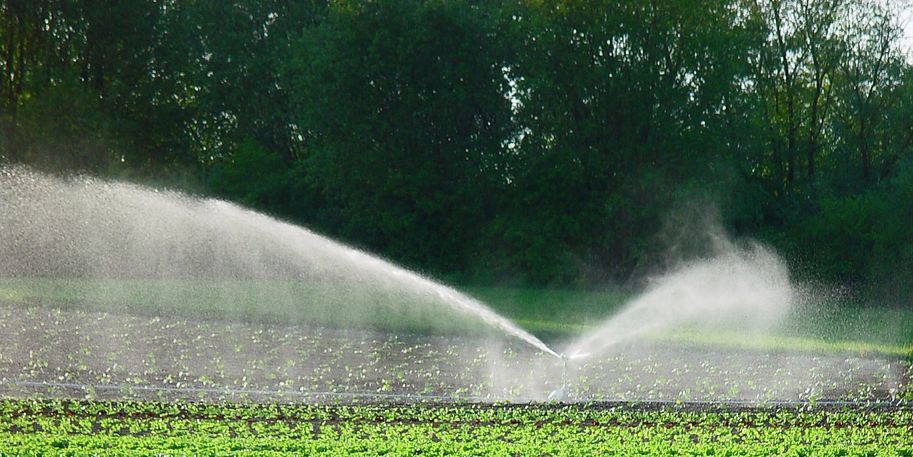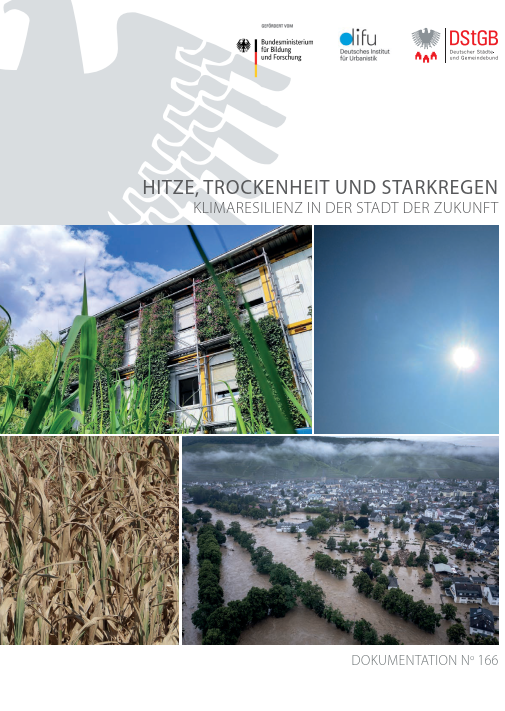In May 2020, the EU adopted a new regulation on minimum requirements for water reuse (2020/741). Starting in May 2023, clear water may be used for agricultural irrigation. This amendment is intended, among other things, to conserve water resources and make it easier for farmers to withstand longer periods of drought.
Before such actions can implemented, however, the municipal wastewater companies must work out how they can reuse water on agricultural lands in an environmentally friendly and economically viable way. While operators currently still see little need for this – according to a survey conducted together with the DWA in 2020 – this is likely to change in the next 10 years. Setting a course for this development today means reaping benefits tomorrow.
Water reuse - a profitable business model?
This is precisely the issue inter 3 is tackling in the FLEXITILITY project together with the Herzberg Water and Sewage Association (HWAZ) and other scientific partners. Safaa Mohajeri has summarised the results in her contribution to the recently published DStGB brochure " Heat, heavy rain and drought. Climate resilience in the city of the future".
While there are still some hurdles to be overcome, one thing is clear: successful adaptation to climate change is difficult to envisage in the long term without responsible water reuse for agricultural irrigation.

